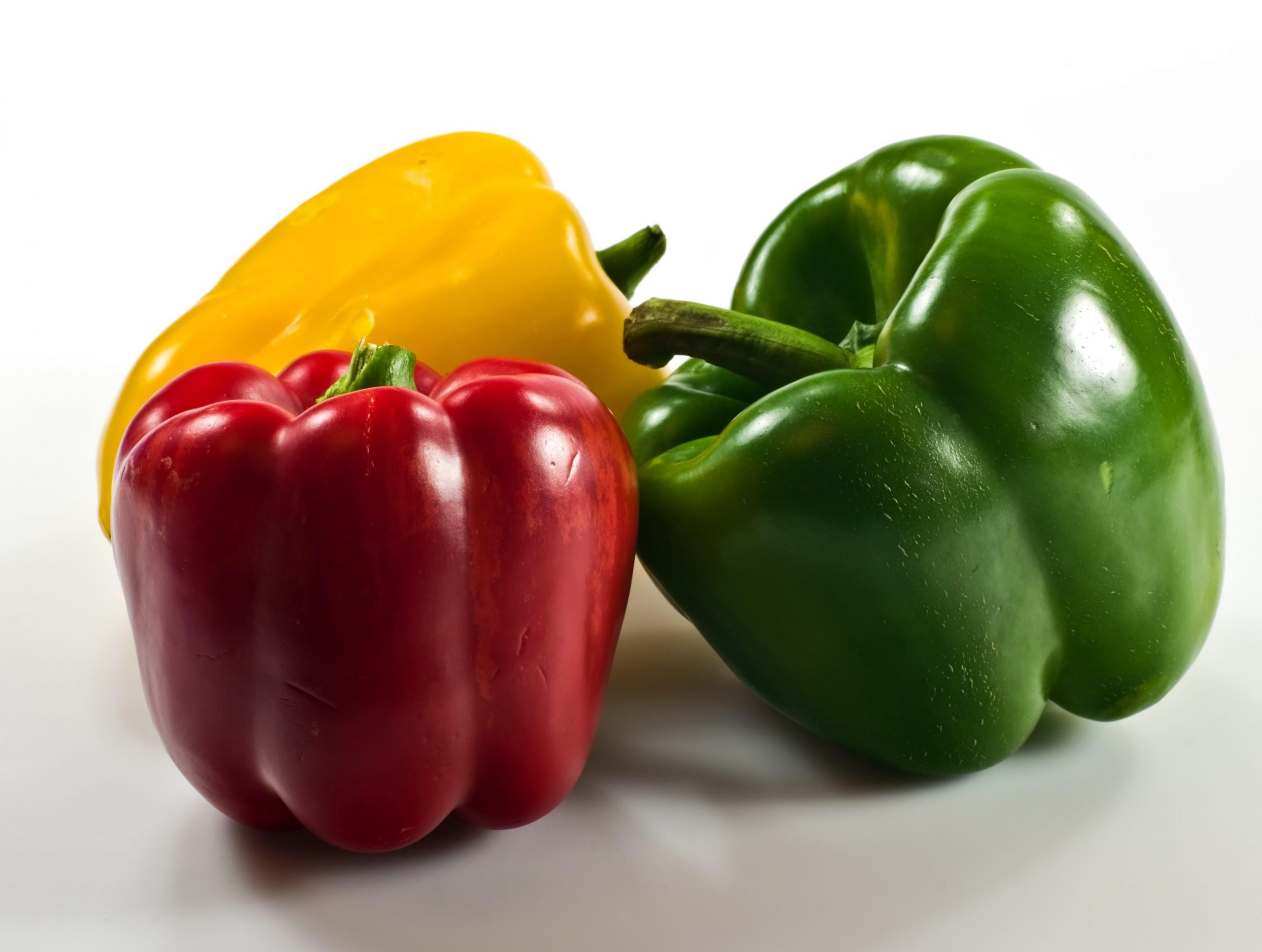Best Fertilizers for Peppers: Make The Most Of Plant Health and Yield
Best Fertilizers for Peppers: Make The Most Of Plant Health and Yield
Blog Article
Organic Vs. Synthetic Fertilizers: Which Is Best for Supporting Healthy Pepper Plants?
In the realm of nurturing healthy and balanced pepper plants, the selection in between synthetic and natural fertilizers stands as a crucial decision with far-ranging effects. While both choices aim to give essential nutrients to support plant growth, the nuances of their effect on the soil, plant health and wellness, and the setting spark a dispute that mirrors throughout the gardening neighborhood. Recognizing the distinctive advantages and prospective challenges of each plant food type is crucial for pepper cultivators seeking to enhance their yields while maintaining an eco-conscious and lasting approach.
Advantages of Organic Plant Foods
Organic fertilizers supply an environmentally-friendly and lasting approach to beneficial pepper plants, giving important nutrients without using synthetic chemicals. These all-natural fertilizers are originated from natural resources such as compost, manure, bone dish, and algae, advertising dirt health and biodiversity. Unlike artificial fertilizers, organic choices launch nutrients gradually, guaranteeing a well balanced and stable supply for pepper plants to flourish.
One substantial advantage of natural fertilizers is their capacity to improve dirt framework and water retention. By enhancing soil health and wellness, natural plant foods advertise valuable microbial task, which helps in nutrient uptake by pepper plants. Furthermore, natural plant foods decrease the threat of chemical run-off, protecting water resources from pollution and safeguarding the setting.
Furthermore, organic fertilizers add to long-lasting dirt fertility by promoting the growth of helpful soil microorganisms. These microorganisms aid break down raw material, releasing nutrients in a type that is quickly obtainable to pepper plants. best fertilizers for peppers. By cultivating a healthy soil ecosystem, organic fertilizers support lasting pepper cultivation practices that profit both plants and the setting
Downsides of Artificial Fertilizers
Artificial fertilizers, in contrast to their natural equivalents, pose numerous downsides when made use of to nourish pepper plants, affecting both plant wellness and environmental sustainability. One major disadvantage of synthetic plant foods is their propensity to seep nutrients from the dirt promptly. This fast leaching can cause nutrition inequalities in the soil, creating plants to experience shortages or poisonings. In addition, synthetic fertilizers can hurt beneficial soil microorganisms, such as earthworms and beneficial microorganisms, interfering with the soil community's balance.
In addition, the overuse of synthetic fertilizers can add to water pollution. Excess plant foods not absorbed by plants can remove right into water bodies, resulting in eutrophication, where algae flowers deplete oxygen levels in the water, harming water life. Synthetic plant foods are usually obtained from non-renewable resources, such as fossil fuels, contributing to carbon emissions and ecological destruction throughout their production.
Nutrient Absorption Contrast
Efficient nutrient absorption plays an important function in the overall health and wellness and growth of pepper plants. When contrasting artificial and natural plant foods in terms of nutrient absorption, organic fertilizers have the benefit of offering an extra balanced and slow-release resource of nutrients (best fertilizers for peppers). Organic fertilizers consist of a variety of macro and trace elements that are not just advantageous for the plants but also promote healthy and balanced dirt microbial activity, which aids in nutrient uptake. On the various other hand, artificial fertilizers often supply a quick launch of nutrients, which can result in seeping and overflow, resulting in lower nutrient absorption prices by the plants.
Furthermore, natural plant foods improve soil structure and water retention capacity, enabling pepper read this plants to accessibility nutrients extra successfully. This enhanced soil quality facilitates root advancement, allowing far better nutrient absorption. Synthetic fertilizers, although originally increasing plant growth as a result of their high nutrient concentrations, might prevent lasting nutrient absorption by degrading dirt wellness over time.
Environmental Influence Considerations

On the other hand, synthetic plant foods, although usually more concentrated and quickly readily available to plants, can have detrimental results on the environment otherwise applied properly (best fertilizers for peppers). Their manufacturing requires high energy inputs, bring about greenhouse gas exhausts and adding to environment modification. In addition, the runoff of excess artificial fertilizers can infect water sources, causing eutrophication and harming marine environments.
Finest Fertilizer Practices for Peppers
To achieve this, it is vital to follow ideal fertilizer methods customized to the certain requirements of pepper plants. One crucial practice is to execute a soil test prior you could look here to using any kind of fertilizers.
Another essential practice is to fertilize pepper plants at the correct time. Commonly, peppers profit from getting fertilizer at growing and after that once again when they begin to flower. Over-fertilizing can cause nutrition imbalances and damage the plants, so it is vital to adhere to suggested application rates.
Additionally, picking a well balanced plant food with an NPK proportion that matches pepper plants' requirements is fundamental. Ultimately, integrating natural and synthetic plant foods deliberately can assist nurture healthy pepper plants while decreasing environmental influence.
Final Thought
:strip_icc()/BHG-Growing-Peppers-Indoors-EzgaEnB7KML9Ym_plkvuxK-9398f1341d86483083862533ae7622db.jpg)
Organic plant foods use a sustainable and environmentally-friendly strategy to nourishing pepper plants, giving crucial nutrients without the use of artificial chemicals. Unlike artificial plant foods, organic choices release nutrients gradually, guaranteeing a balanced and stable supply for pepper plants to thrive.
Artificial plant foods, in comparison to their natural equivalents, present various downsides when made use of to nurture pepper plants, affecting both plant health and wellness and ecological sustainability. When comparing natural and artificial plant foods in terms of nutrient absorption, organic my response fertilizers have the benefit of offering a more balanced and slow-release resource of nutrients.Furthermore, organic plant foods boost dirt structure and water retention capacity, permitting pepper plants to accessibility nutrients a lot more successfully.
Report this page